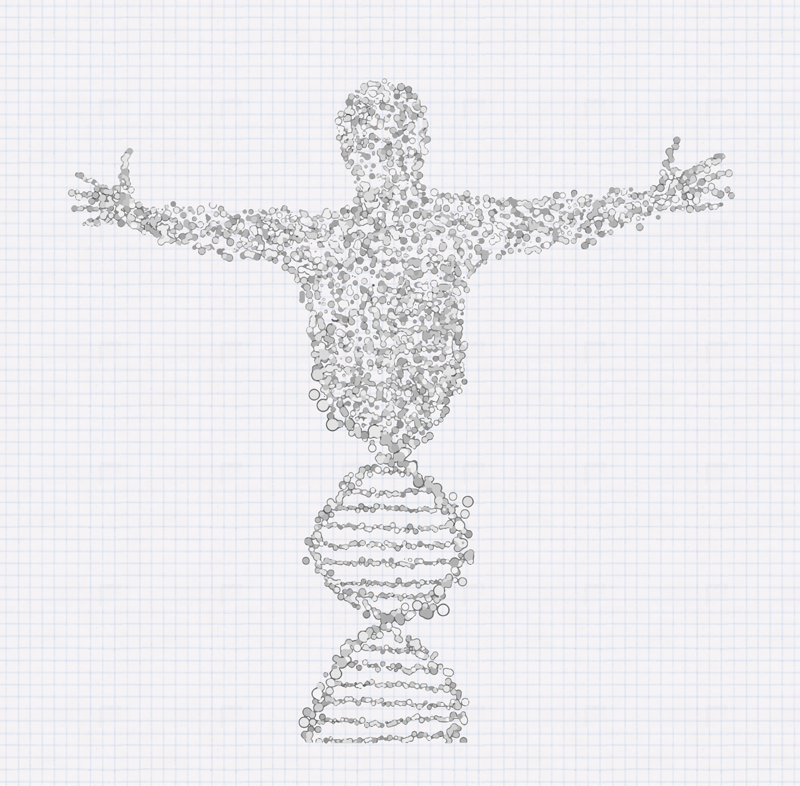Latest research animations
Self-assembly of spider silk
This gut microbe might protect against diabetes and reduce insulin resistance
NEW: One-way hydrogel guides motion of tiny worms!
Latest Posts
No Results Found
The page you requested could not be found. Try refining your search, or use the navigation above to locate the post.
Tracking how stars grow up in a virtual playground
Protons are lighter than previously thought
Untangling depression in Huntington’s disease
Imaging whole-body cancer metastasis at the single-cell level
Meet the editors: the growing pains of scientific publishing
Carbon nanotubes, what are they good for?
Finding real rewards in a virtual world
RIKEN is looking for you
Promising mouse model for Ngly1 deficiency
23

Opto-OISI: imaging connections in the living brain
A new imaging technique called opto-OISI allows scientists to non-invasively visualize where specific neurons project in the living brain.
19

Flies smell through a gore-tex system
The newly named gore-tex gene is responsible for the development of nanopores that allow chemicals in the air to be detected (in flies).
11

Protein pileup affects social behavior through altered brain signaling
When a normal cellular cleanup process is disrupted, social behavior in mice is disrupted and they start behaving in ways that resemble human symptoms of autism spectrum disorder and schizophrenia.
29

The joys of computational mass spectrometry
Scientists have developed a new automated computational mass spectrometry system that can search an organism’s entire metabolome for as-yet-unknown metabolites (potential drugs).
5

Pulses of light can enhance superconductivity
Pulses of light could be used to turn materials into superconductors through an unconventional type of superconductivity.
15










